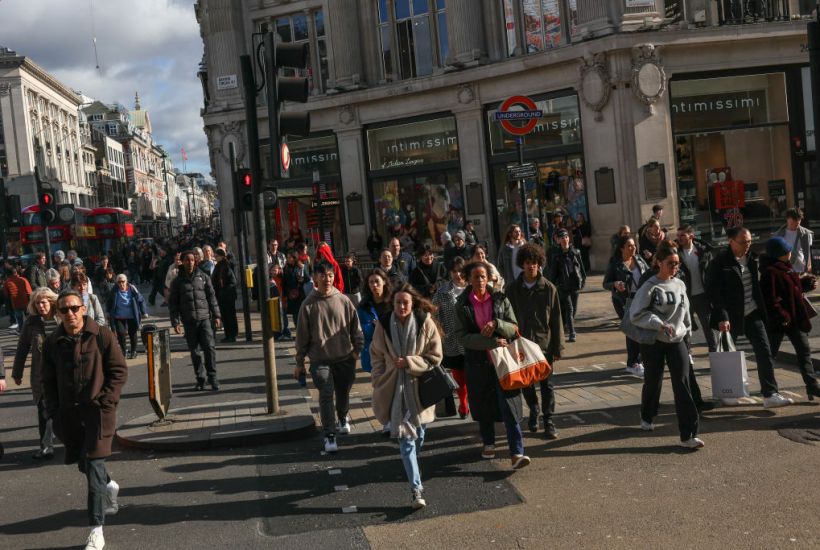It has been a miserable few years for our quality of life. People have gotten used to that sinking feeling every time you read a price tag at the supermarket, receive an electricity bill or – particularly for younger generations – think about someday buying a house.This squeeze comes from prices rising faster than wages, and has resulted in the biggest slump in living standards since records began.
Already a subscriber? Log in
Subscribe for just $2 a week
Try a month of The Spectator Australia absolutely free and without commitment. Not only that but – if you choose to continue – you’ll pay just $2 a week for your first year.
- Unlimited access to spectator.com.au and app
- The weekly edition on the Spectator Australia app
- Spectator podcasts and newsletters
- Full access to spectator.co.uk
Or




















Comments
Don't miss out
Join the conversation with other Spectator Australia readers. Subscribe to leave a comment.
SUBSCRIBEAlready a subscriber? Log in